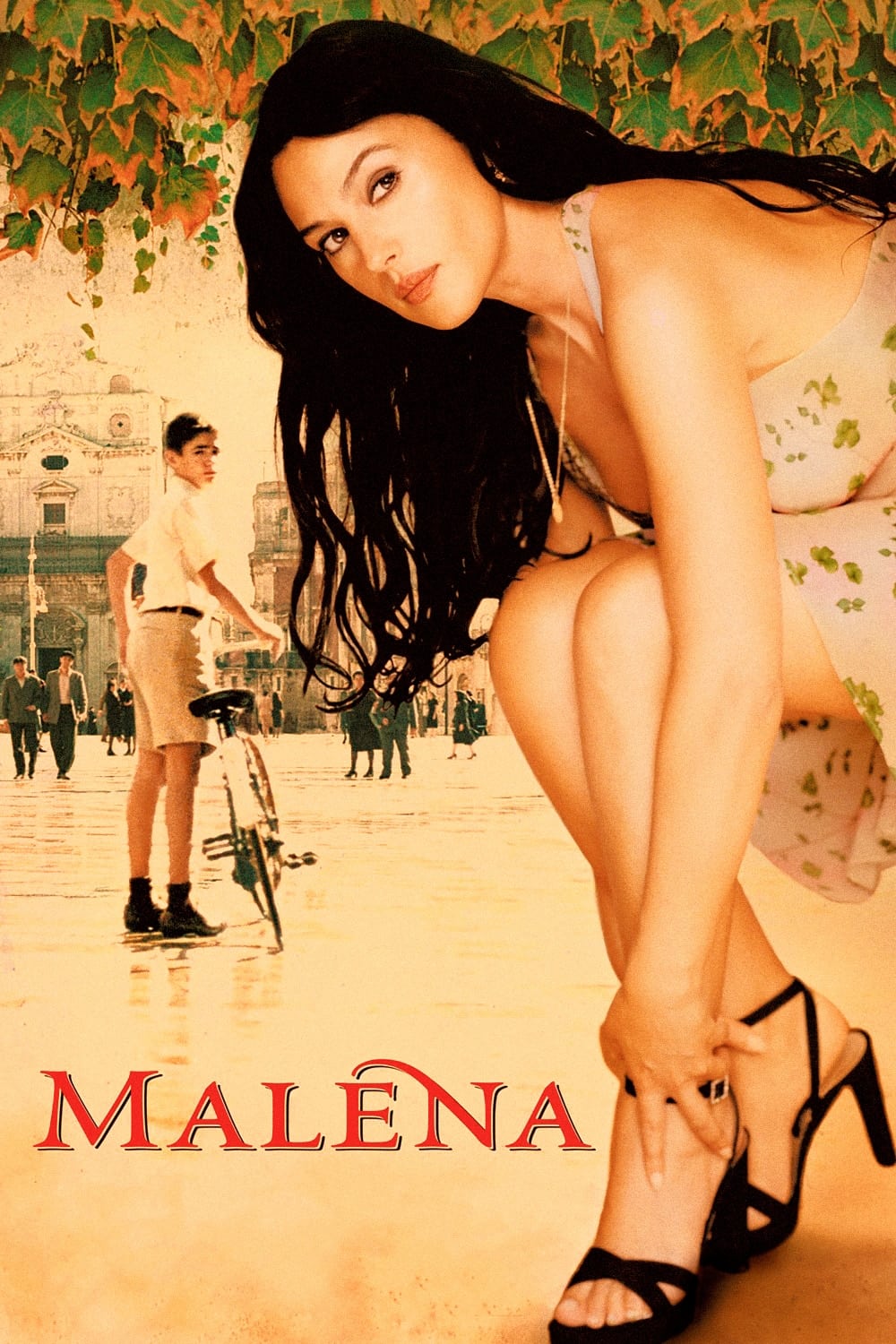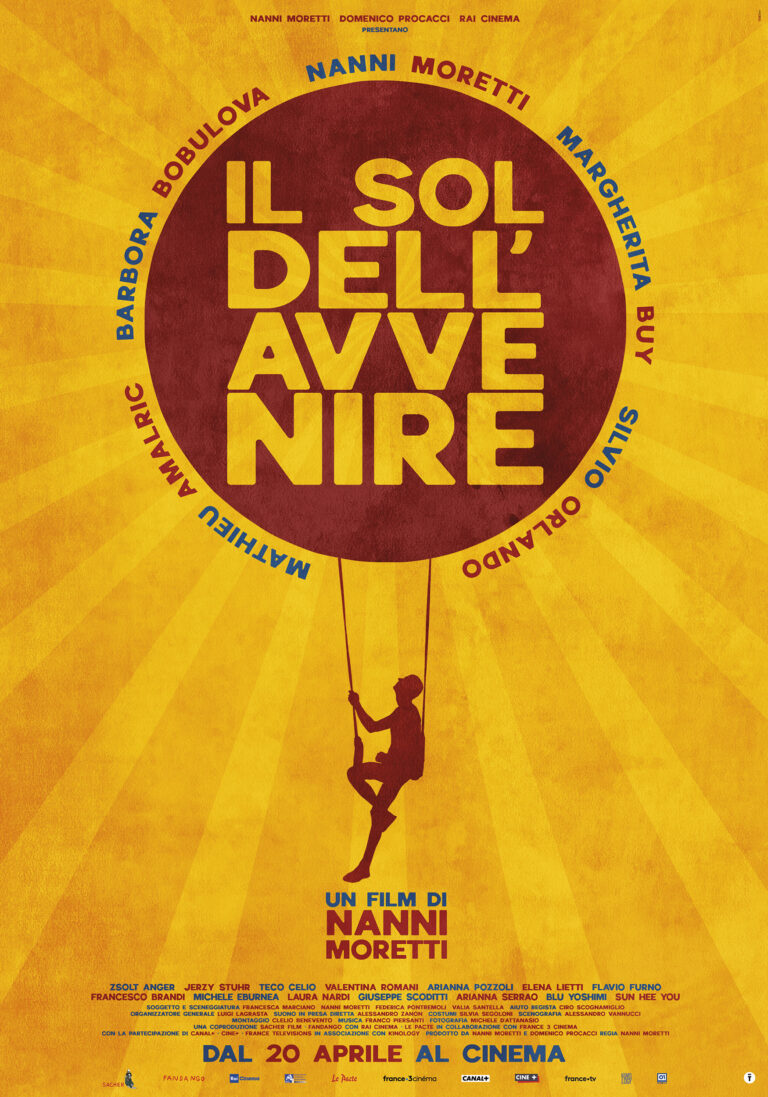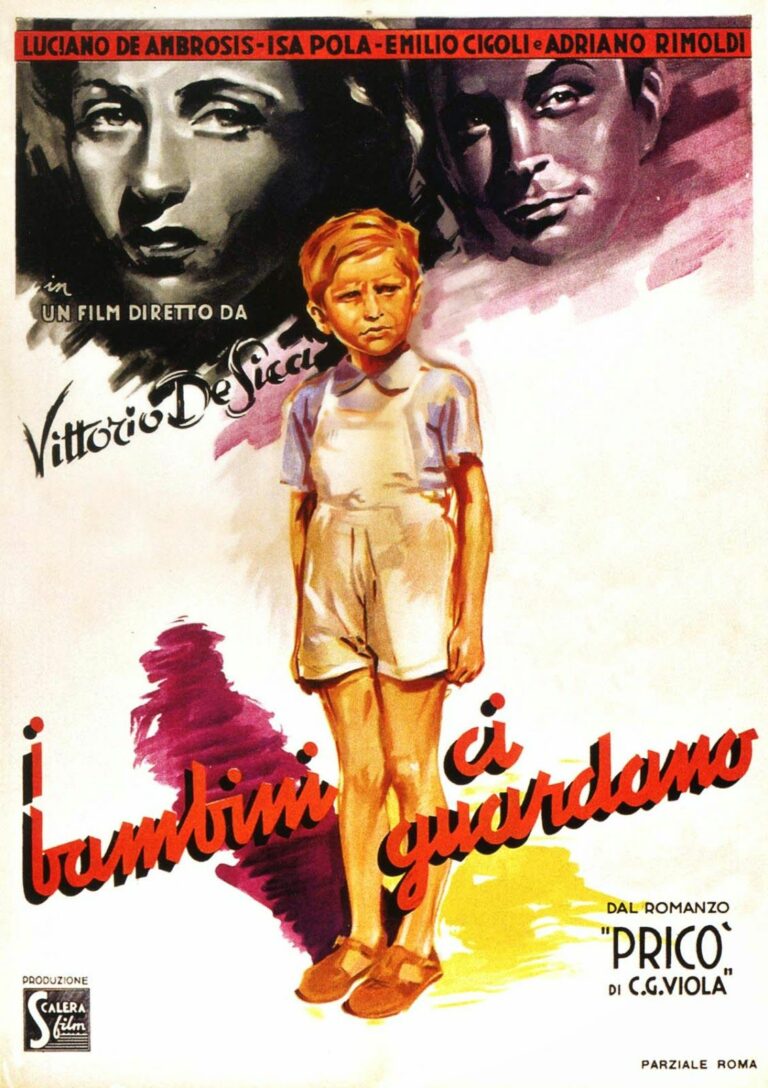
Introduction
Malèna, directed by Giuseppe Tornatore and released in 2000, is a visually stunning and emotionally charged drama set in a small Sicilian town during World War II. The film stars Monica Bellucci as Malèna Scordia, a beautiful and enigmatic widow who becomes the object of desire, gossip, and envy within her conservative community. Through the eyes of a young boy named Renato Amoroso (Giuseppe Sulfaro), Malèna unfolds as a bittersweet coming-of-age story intertwined with themes of beauty, judgment, and resilience.
Renowned for its captivating cinematography, evocative score by Ennio Morricone, and thought-provoking narrative, Malèna remains a significant work in Italian cinema. In this article, we will explore the film’s storyline, themes, characters, and lasting cultural impact.
Plot Overview
Setting: A Wartime Sicilian Town
The film takes place in the picturesque yet suffocating town of Castelcuto during the early 1940s. The backdrop of World War II provides a tense and volatile atmosphere that mirrors the personal struggles faced by the characters.
The Story of Malèna and Renato
- Introduction to Malèna: The town is captivated by Malèna, a strikingly beautiful woman whose mere presence disrupts the social fabric. Recently widowed, she becomes the target of male lust and female jealousy.
- Renato’s Obsession: Renato, a teenage boy on the brink of adolescence, becomes infatuated with Malèna. He observes her from afar, idolizing her as a figure of both purity and desire.
- Social Persecution: As rumors and accusations swirl around Malèna, she faces relentless judgment and cruelty from the townspeople, who ostracize and humiliate her.
- The Fall and Redemption: Driven to survive, Malèna endures degradation, including becoming the mistress of German soldiers. After the war, she returns to the town with dignity, having weathered the storm of societal condemnation.
- Renato’s Maturation: Through his observations of Malèna’s trials, Renato gains a deeper understanding of love, empathy, and the harsh realities of adulthood.
Themes Explored in Malèna
1. Beauty as a Double-Edged Sword
Malèna’s beauty is both her greatest asset and her curse. While it captivates those around her, it also incites jealousy and moral outrage, leading to her social downfall.
2. The Male Gaze and Female Objectification
The film critically examines how women are viewed and judged through the lens of male desire and societal norms. Renato’s transformation from a voyeur to a compassionate observer underscores this critique.
3. Societal Judgment and Hypocrisy
The townspeople’s treatment of Malèna reveals the hypocrisy and cruelty embedded within conservative communities. Their gossip and accusations are fueled by envy and moral pretense.
4. War and Survival
The backdrop of World War II heightens the stakes for Malèna, who must navigate a treacherous landscape of occupation, survival, and shifting power dynamics.
5. Coming of Age and Loss of Innocence
Renato’s journey from infatuation to understanding mirrors the universal experience of adolescence. His evolving perception of Malèna reflects his maturation and loss of innocence.
Characters and Performances
1. Monica Bellucci as Malèna Scordia
Bellucci delivers a hauntingly beautiful and understated performance, capturing Malèna’s strength, vulnerability, and quiet dignity. Her portrayal humanizes a character often reduced to an object of desire.
2. Giuseppe Sulfaro as Renato Amoroso
Sulfaro’s natural and heartfelt performance brings authenticity to the role of a young boy grappling with the complexities of desire and empathy.
3. Supporting Cast
The ensemble cast, including Matilde Piana as Renato’s mother and Pietro Notarianni as his strict father, effectively portrays the dynamics of a traditional Italian household.
Cinematic Techniques and Artistic Elements
1. Cinematography
Tornatore’s use of warm, golden hues and sweeping landscapes captures the beauty and nostalgia of Sicily. The camera often adopts Renato’s perspective, emphasizing his voyeuristic observations.
2. Music by Ennio Morricone
Morricone’s evocative score enhances the emotional resonance of the film, blending melancholic melodies with moments of hope and redemption.
3. Symbolism
- Haircut Scene: Malèna cutting her hair symbolizes her submission to societal expectations and loss of autonomy.
- Empty Streets: The desolate streets of Castelcuto reflect Malèna’s isolation and the town’s moral decay.
Critical Reception and Awards
Critical Acclaim
While Malèna received praise for its visual beauty, direction, and Bellucci’s performance, it also sparked controversy for its portrayal of female objectification and explicit content.
Awards and Nominations
- Academy Award Nominations: Best Cinematography, Best Original Score
- David di Donatello Awards: Multiple wins, including Best Music
- BAFTA Nomination: Best Film Not in the English Language
Despite mixed critical reactions, the film has since gained a cult following and is regarded as a significant work in Tornatore’s filmography.
Cultural Impact and Legacy
1. Exploration of Social Issues
The film’s commentary on beauty, gender roles, and societal judgment continues to resonate in discussions about representation and sexism.
2. Influence on Cinema
Malèna remains a reference point for filmmakers exploring themes of adolescence, desire, and societal hypocrisy.
3. Monica Bellucci’s Breakthrough
The film catapulted Bellucci to international stardom, cementing her status as one of Italy’s most iconic actresses.
Interesting Facts About Malèna
- Real-Life Inspiration: The story was inspired by real societal dynamics in post-war Sicily.
- Filming Locations: The film was shot in various picturesque Sicilian towns, including Syracuse and Noto.
- Controversy: The explicit scenes involving Malèna sparked debates about censorship and the portrayal of women in cinema.
- Soundtrack Legacy: Morricone’s score is often ranked among his finest works.
FAQs About Malèna
1. What is the meaning of the title Malèna?
The title refers to the protagonist, Malèna Scordia, whose name becomes synonymous with beauty, scandal, and resilience.
2. Is Malèna based on a true story?
While not directly based on a true story, the film reflects societal attitudes and events common in wartime Sicily.
3. What themes does the film explore?
The film explores themes of beauty, societal judgment, war, survival, and coming of age.
4. How was Monica Bellucci’s performance received?
Bellucci’s performance was widely praised for its emotional depth and subtlety.
5. Why is Malèna considered controversial?
The film’s depiction of female objectification and explicit scenes sparked debates about censorship and gender representation.
6. Where can I watch Malèna today?
The film is available on various streaming platforms and through specialty distributors of international cinema.
Conclusion: A Timeless Tale of Strength and Survival
Malèna remains a compelling exploration of societal hypocrisy, desire, and resilience. Giuseppe Tornatore’s masterful direction, combined with Monica Bellucci’s unforgettable performance and Ennio Morricone’s evocative score, make this film a cinematic experience that lingers long after the credits roll.
Whether you’re drawn to its visual beauty, emotional storytelling, or cultural commentary, Malèna continues to captivate audiences worldwide.





